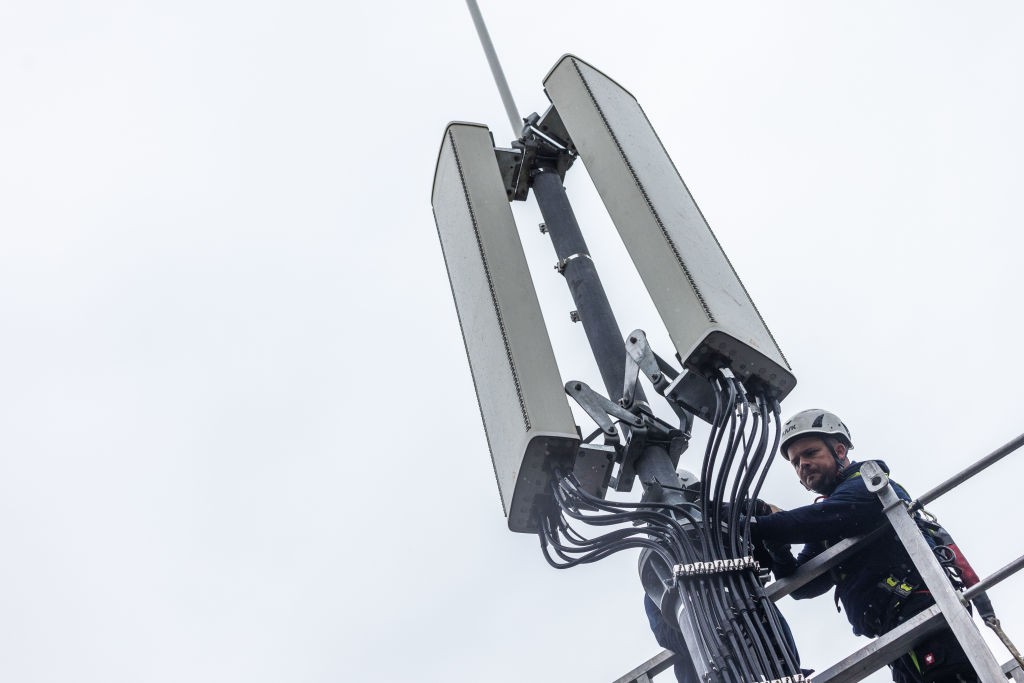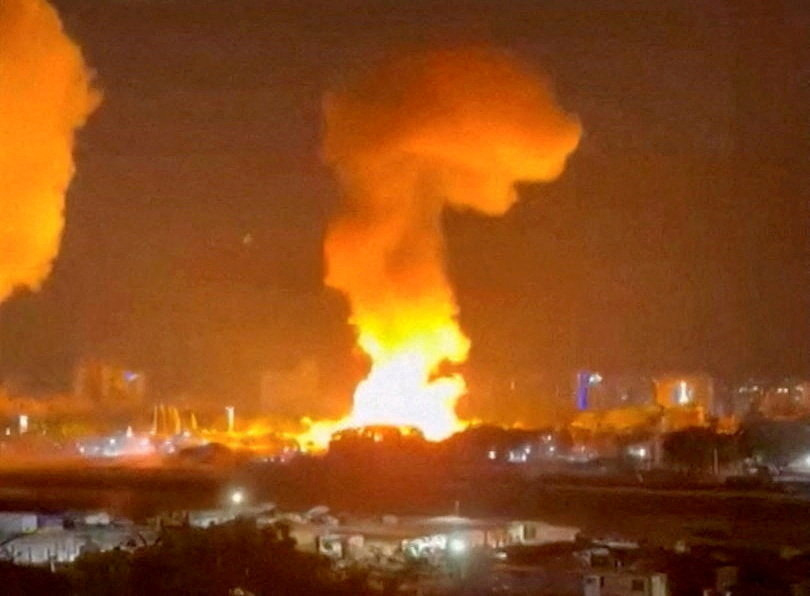Town, Residents Clash Over Wading River Cell Tower Plan

Tensions soared at the Dec. 3 Riverhead Town Board meeting as residents and officials clashed over plans to build a 21-story cell tower, with many questioning its safety and necessity.
The town board gave the final approval for Elite Towers and Verizon Wireless to build the communications tower in partnership with Wading River Fire District when the council granted the project an exemption from local zoning rules — despite overwhelming opposition from local homeowners, some of whom live 50 feet away. “Can you imagine if a piece of ice let loose from the top of that thing? It would go through people’s homes and windshields, killing anyone under it?”
“To exempt this particular project from your local zoning code would be the most irresponsible action I’ve seen by any local government agency anywhere in the United States,” said Andrew Campanelli, a lawyer representing 26 concerned homeowners considering litigation to stop the tower. He warned that the tower’s location, just 50 feet from residential properties, could have serious consequences, including structural failure, ice fall, debris fall, and fire hazards.
The issues with cell service are widespread on the East End. While signal strength is a constant complaint from residents, finding agreeable locations for cell towers remains a challenge. Communication challenges experienced by the first responders such as the fire department, police department, and EMTs.
Campanelli argued that no evidence had been provided to show that the tower would improve service or benefit the community in any way. His criticism was particularly pointed when he questioned the lack of proper photo simulations to depict how the tower would affect the surrounding homes.
Riverhead Town Supervisor Timothy Hubbard countered that the tower would provide much-needed coverage for emergency services.
“When we have paramedics and first responders in critical situations and can’t communicate, it costs lives,” Hubbard said, recounting his personal experience with radio blackouts in the area. “This tower will help us protect every resident in this town.”
Hubbard admitted, “If this were my home at stake, I wouldn’t want a tower close to my house either. I understand the concerns, but the safety of the community has to come first.”
Not all residents were convinced by the board’s argument. While some contested the need for such a “monstrous tower,” others shared their worries about peace and promised serenity of the valley when they first purchased the homes. The residents’ issues weren’t limited to aesthetics, as some questioned if there was an alternative to a 190-foot tower (213 feet including the antennas. Valerie Frost, whose husband served in the Vietnam War, shared her reservations for the tower given her home’s proximity to the fire department.
“We had bought there initially for the tranquility, for the peace. My husband is a disabled Vietnam veteran,” she said. “There is no place on my property that you won’t be seeing the cell tower. This tower, which will also house a red blinking light, and my home will be aglow in red blinking light.”
Her concerns echoed those of other residents, who fear the tower could lower property values, create health risks, and ruin the aesthetic appeal of the area.
Resident Mike Sanchez suggested a more diplomatic solution, proposing that the town bring in a third-party arbiter to assess the situation impartially.
“We need someone to come in and look at this objectively,” he argued. “This is too important for a rushed decision.”
Nicholas Stepiro, a retired local bus driver, seemed to side with the town board’s decision to erect the tower.
“My question today, for those who are opposed to this tower, if they individually fell down in front of the fire house and they had a cellphone with them would they be able to reach 911?” he asked. “Are they only thinking about their own parochial interests, or are they thinking of the community as a whole?”
Recounting his days as a school bus driver, he brought up an instance when the bus broke down and he couldn’t reach anyone. Emphasizing the danger this posed to the children, he urged the board to follow through on the construction of the tower.
Board Member Kenneth Rothwell, a volunteer at the fire department, also weighed in, defending the necessity of the tower for public safety.
“I’ve seen firsthand the challenges our emergency responders face when communications fail in critical moments,” Rothwell said. “This tower is not just a convenience, it’s a matter of life and death for our first responders and residents.”
Despite the improved cell service the tower is expected to bring, the board’s vote to approve it over local opposition left many residents feeling unheard.








